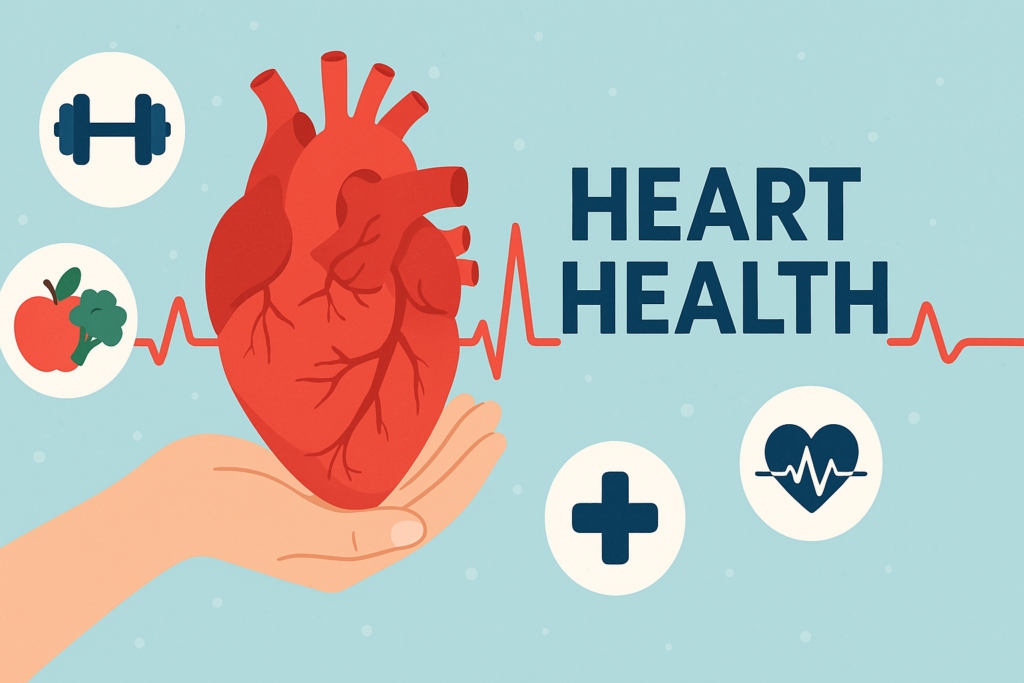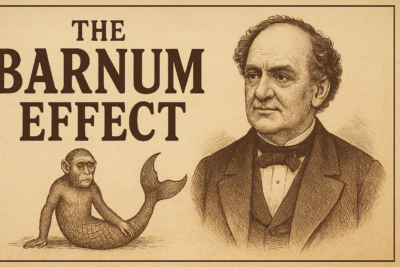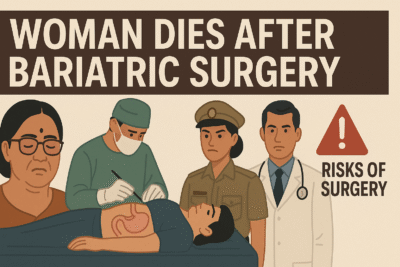
Heart disease remains one of the leading causes of death worldwide, but the good news is that you have more control over your heart health than you might think. By keeping track of just five key numbers, you can get a clear picture of your risk for heart attack, stroke, and other cardiovascular problems — and take steps to lower that risk.
Let’s explore these five numbers, why they matter, and how you can keep them in the healthy range.
1. Blood pressure: Less than 120/80 mm Hg
What is it?
Blood pressure measures the force of blood against your artery walls as your heart pumps. The first number (systolic) shows the pressure when your heart contracts; the second (diastolic) shows the pressure when it relaxes.
Why does it matter?
High blood pressure (hypertension) silently damages blood vessels, making them more likely to clog with fatty plaque—a process called atherosclerosis. Over time, this raises your risk for heart attack, stroke, and heart failure.
How to improve it
- Eat more potassium-rich foods (like leafy greens, bananas, beans)
- Cut back on sodium by avoiding processed and restaurant foods
- Limit alcohol
- Exercise regularly
- Manage stress through relaxation techniques
2. LDL Cholesterol: Less Than 70 mg/dL
What is it?
LDL (low-density lipoprotein) cholesterol is often called “bad” cholesterol because it contributes to plaque buildup in your arteries.
Why does it matter?
Excess LDL cholesterol gets trapped in artery walls, where it’s gobbled up by white blood cells and turned into fatty deposits. This narrows arteries and can eventually block them, leading to heart attack or stroke.
How to improve it
- Limit foods high in saturated fat (red meat, full-fat dairy, eggs)
- Replace with unsaturated fats (olive oil, nuts, seeds, avocados)
- Increase fiber intake (whole grains, fruits, vegetables)
- Get regular exercise
3. Triglycerides: Less Than 150 mg/dL
What is it?
Triglycerides are the most common type of fat in your blood, created from excess calories, sugar, and alcohol.
Why does it matter?
High triglyceride levels are linked to a higher risk of heart attack and stroke, especially when combined with high LDL or low HDL (good cholesterol).
How to improve it
- Cut down on sugary foods and drinks
- Avoid excess alcohol
- Eat more omega-3-rich foods (like salmon, sardines, walnuts, flaxseed)
- Lose excess weight if needed
4. Blood Sugar (Fasting): Less Than 100 mg/dL
What is it?
Fasting blood sugar shows how much glucose is in your blood after not eating for at least 8 hours. High levels can signal insulin resistance or diabetes.
Why does it matter?
High blood sugar damages blood vessels and makes LDL cholesterol more harmful. It also increases the risk of blood clots, which can trigger a heart attack or stroke.
How to improve it
- Avoid sugary beverages and processed snacks
- Choose whole grains over refined grains (brown rice, whole wheat bread)
- Eat plenty of fiber and non-starchy vegetables
- Stay active
5. Waist Circumference: Less Than Half Your Height (or Women: <35″, Men: <40″)
What is it?
Waist circumference measures abdominal fat, which is more dangerous than fat stored elsewhere in the body.
Why does it matter?
Belly fat surrounds vital organs and releases hormones that trigger inflammation, raising your risk for heart disease, diabetes, and more.
How to improve it
- Eat fewer calories, especially from processed foods high in sugar, salt, and unhealthy fats
- Focus on whole, plant-based foods
- Exercise regularly, including strength training and aerobic activity
The power of small changes
If your numbers aren’t where you want them to be, you’re not alone. Most adults struggle with at least one of these measures. The good news: improving even one number can make a big difference, and the steps that help one area often help others, too. Here are some universal tips for heart health
- Eat a plant-based, whole-food diet**: Fill your plate with vegetables, fruits, whole grains, legumes, nuts, and healthy oils.
- Move your body: Aim for at least 30 minutes of moderate exercise (like brisk walking) most days.
- Get enough sleep: 7–8 hours per night is ideal.
- Manage stress: Try meditation, yoga, or deep breathing.
- Know your numbers: Ask your doctor for regular checkups and lab tests.
Why it matters: Inflammation and your heart
Chronic, low-grade inflammation is a “silent killer” that contributes to heart disease, cancer, diabetes, and more. The lifestyle changes above don’t just improve your numbers—they also reduce inflammation and protect your long-term health. Maybe, it’s time for you to take charge of your heart health.
Your five key numbers — blood pressure, LDL cholesterol, triglycerides, blood sugar, and waist circumference — offer a powerful snapshot of your heart health. By understanding what they mean and making smart lifestyle choices, you can lower your risk of heart disease and enjoy a healthier, longer life.
Remember: Every positive change counts. Start with one small step today, and build from there. Your heart will thank you!
If you have questions about your numbers or want personalized advice, don’t hesitate to talk to your healthcare provider. Your heart — and your future — are worth it.






